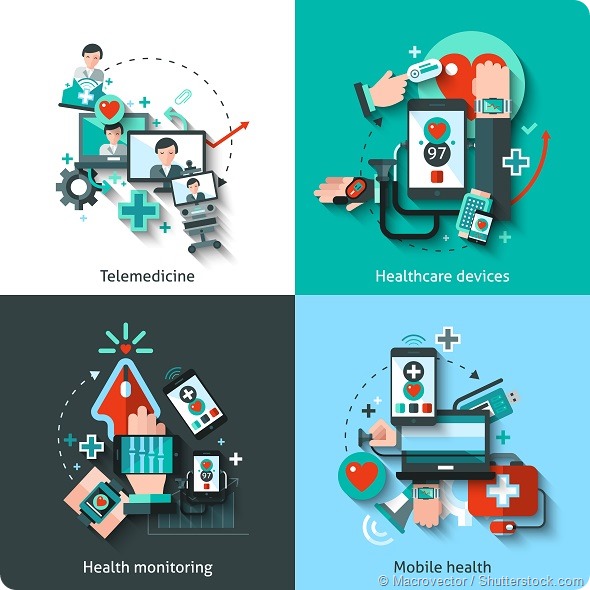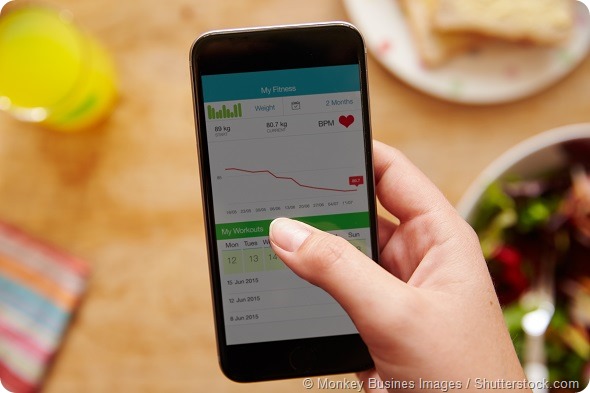We have to think of the world that we are leaving, the world we are moving into. The last fifty years in healthcare, have seen the advent of hip replacement, cardiac bypass, systematic reviews. But at the end of fifty years, every country is facing five problems.
One is what we call unwarranted variation in healthcare. That's variation that can't be explained by variation in need or patient preference. And that reveals four other problems. Firstly there's waste. Waste of resources. Secondly there's underuse of resources and inequity. For example, poor people get less hip replacements than wealthy people.
Thirdly, there's overuse, over diagnosis and overtreatment. And fourthly, there's harm and failure to prevent disease and disability. I don't mean programmes like those for smoking cessation, but in England alone, we can prevent about six thousand strokes a year, if we manage atrial fibrillations as well as they do in Bradford.
That's very important. We're reaching the end of a quality era. Namely, we expect high quality. But you can see examples of things that are high quality but low value. For example, the forty fold variation in neothroscopy operations across the country.
Now, some of those operations will be essential, but some of the population is getting a lot of neothroscopy, it's very high quality, low infection rates. But is that really the best for those patient, and the best use of resources? So that's where we're seeing the language change from quality to value.
What we do is we keep reorganizing health service structure. Our mission is to focus on value and to introduce systems of care and personalized decision making. We need to think of a new way, and I've been very impressed by the simulation approach.
Has the NHS been progressing towards the perfect model? Or do you think it has plateaued or moving away from it?
We are starting to move towards value over quality, and one of the main reasons is that the money's run out.
When there's more money, people want more of the same, with high quality results. But now, I think the message is getting through.
Need and demand will increase maybe two percent a year, due to population aging and due to new technology. I don't see resources increasing by twenty percent in the next decade so we have to focus on getting the best value out of the resources that we have.
What innovations have been the most influential in moving the NHS towards better value care?
Firstly I'd say the internet, by empowering patients. In general, doctors use less healthcare than members of the public, because we know that things go wrong even in high quality services, so usually doctors hold back from having x-rays, knee replacements, other things.

Being able to empower and inform citizens about the risks as well as the benefits of healthcare, we've probably oversold the benefits and undersold the risks. So if something goes wrong, they think we must sue the medical profession. But things go wrong all the time, and all healthcare does harm. I think the internet has been very important in showing this to the public.
Secondly, we've been introducing program budgeting. So that means that instead of just giving out money we’re thinking more about how it’s being spent. For example, in Oxford we're giving three hundred ninety million pounds to the John Radcliffe Hospital. We start to think, in Oxford we spend forty nine million pounds in lung disease. How do we get the balance right in that?
Program budgeting has been important in finding a balance, which has been the change, the culture. Tied into that is what we call the culture of stewardship. Helping clinicians nurture a feeling of responsibility for the stewardship of the NHS. That has been an important cultural shift, namely, if they screw it up, there won’t be an NHS, in thirty years time.
Another example of trying to find better value is with something like imaging. Imaging's going up ten percent a year, because it costs nothing within the NHS. A young doctor clicks a button and they have an image but, imaging gives a lot of radiation to people, and finds a lot of false positives.
It's wonderful what's happening in imaging, but you have to think of the value. Still starting to think of the ways in which we can change the culture, and that's partly through different ways of budgeting. And also through education and training and simulation.
Simulation will be an important part of culture change in the future. For example, could we not simulate what happens in a committee meeting, or what happens in a board meeting, where people decide to move money from one part of the health service to another?
I'm interested in whether that is possible, you may call that a game, but it's a simulation. Young doctors could practice what it's like, discussing resources. We find the young doctors very interested in this. They can see the world is changing.
What value does simulated teaching bring to healthcare? Do you think it has radically changed the teaching model for medical students?
Yeah, of course. I've been very influenced actually by the military over the years. The military are of course quite fortunate in that they have, ninety percent of their time is practicing, simulating experiences and ten percent is fighting. Healthcare is at ninety-eight percent fighting and two percent practicing.
I've picked up a number of ideas from the military. They are always much more thoughtful in preparation, they plan, rehearse, execute … plan, rehearse, execute. We should be following a similar model in healthcare as much as is possible. Simulation for me, is the tool for rehearsing, but it also makes you think a lot more in planning. It should be standard practice.
What changes would you like to make within the NHS in the future? What new technologies would you like to see implemented into the NHS to propel it forwards?
The most radical technology we should be using is the mobile phone. I would say we're probably ten years behind not only our industry but the local hairdresser in using the internet, to communicate.

We're over reliant on the face to face communication, in which we know, time is a great problem for doctors and nurses, but also the emotional intensity of the consultation means that people can't take everything in.
Also in the NHS, we still send out a billion and a half letters, a billion lab reports, and a billion prescriptions every year. So you have three billion bits of paper sent out, a massive waste of resources and time.
If you've had any letters from the local hospital recently you’ll find many are redundant. I spoke to a young person, who’d turned up at the Oxford hospital, having driven an hour and a quarter to get there for a nine o'clock appointment. But he’d been sent a letter cancelling the appointment, which may arrive the day after the letter giving the appointment.
The phone is much more radical and transformative than the genome, in my view.
Do you think better value healthcare is an achievable goal? What would you like to see as the future of better value healthcare?
Better value healthcare is an achievable goal, but we need to change the way we approach problems and the culture and values that we support.
We find values having three aspects. One is allocative. So much clearer understanding of how the money is divided. For example, there's a two-fold variation in how much we spend on mental health. Almost everything you look at, there is about a 1.5 to 2 fold variation. That's a lot of money, and it's doesn't relate to need.
Second is technical, how you use the money. Not only are you doing it as cheaply as possible, but are you seeing the right patients? Then thirdly, personalized value. We would see the value proposition as being the key for the next forty years.
Where can readers find more information?
http://www.aspih.org.uk/
About Prof Sir Muir Gray
Muir Gray has worked in the Public Health Service in England since 1972. He has carried out a number of tasks in that time, for example the development of the National Screening Committee.
Currently he is working one day a week as a Consultant in Public Health for the University of Oxford Hospitals NHS Trust, focusing on the Oxford AHSN. In the rest of his life he is developing Better Value Healthcare, whose mission is to publish handbooks and development programmes designed to get more value from health care resources in England, and worldwide.
He is also a Director of the National Campaign for Walking, a small charity dedicated to promoting walking as the only type of activity relevant to tens of millions people.
He is married with two daughters and lives in Oxford.